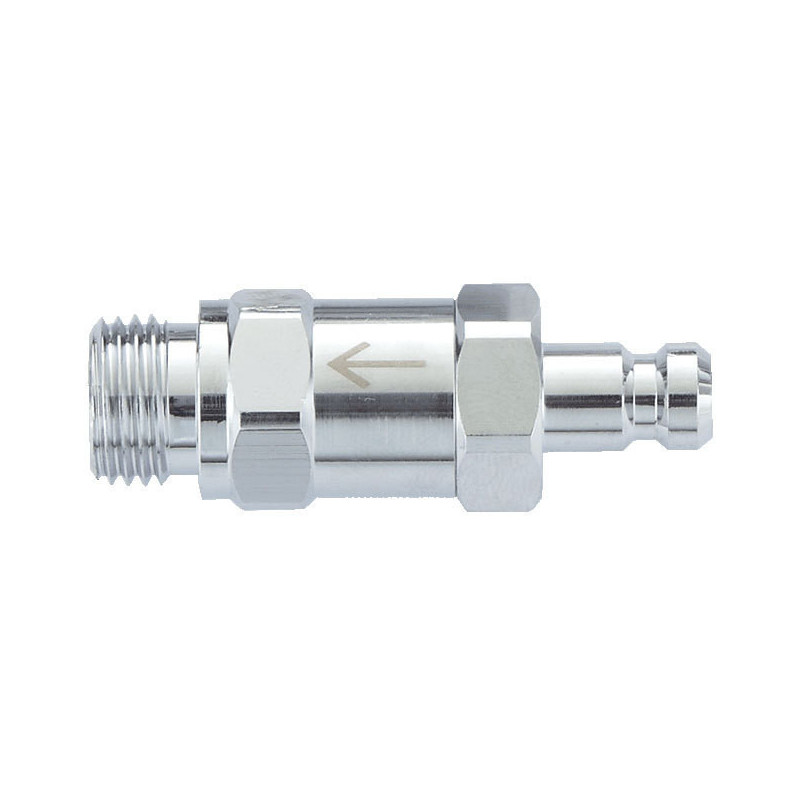Inline check valves are an essential component in many industrial and residential systems. These specialized valves help prevent the reverse flow of fluids and gases, ensuring that your system functions optimally and efficiently.

The Importance of Inline Check Valves
Inline check valves, also known as non-return valves or one-way valves, play a critical role in maintaining overall system performance. By preventing backflow, these valves help prevent contamination, airlocks, and even system failure. When a system is shut down, gravity or pressure changes can cause fluid to flow backward, leading to potential hazards and equipment damage.
For example, in a wastewater treatment plant, preventing backflow is critical to prevent contaminated water from reaching the potable supply. In the oil and gas industry, check valves help prevent oil and gas from flowing back up the well, avoiding a potential hazard to both the environment and personnel.
Advantages of Inline Check Valves
There are several advantages of using inline check valves in a system. These include:
1. Protection against backflow: The primary function of a check valve is to prevent the undesirable flow of fluids and gases in the wrong direction.
2. Minimal maintenance: Inline check valves have a simple design, making them easy to install and maintain.
3. Cost-effective: With minimal maintenance requirements, inline check valves are a cost-effective solution compared to other complex systems with multiple components.
4. Durability: Inline check valves are built to withstand corrosion, wear, and tear, making them a more durable solution for piping systems.
Applications of Inline Check Valves
Inline check valves have a wide range of applications across various industries. These include:
1. Wastewater Treatment plants: Check valves are used to ensure that wastewater flows in one direction only, reducing the risk of contamination to the environment and the potable supply.
2. Oil and Gas Industry: In the oil and gas industry, check valves are used to prevent the unwanted flow of fluids and gases when drilling new wells or during the production process.
3. Chemical Industry: Inline check valves play a critical role in the chemical industry, where they are used to prevent hazardous chemicals from flowing back through the system, which could pose a risk to personnel or the environment.
4. Food and Beverage Industry: In the food and beverage industry, check valves help prevent contamination by ensuring fluids flow in a single direction through the system.
Conclusion
Inline check valves are an essential component in many systems, providing critical protection against backflow and ensuring optimal system performance. With simple designs and minimal maintenance requirements, they are a cost-effective and durable solution for piping systems across various industries. Whether it's wastewater treatment, oil and gas production, or the food and beverage industry, check valves play a critical role in protecting against contamination and hazards, making them an invaluable investment for any system.